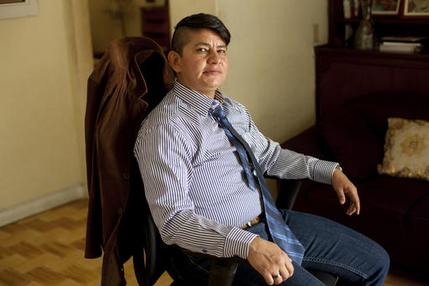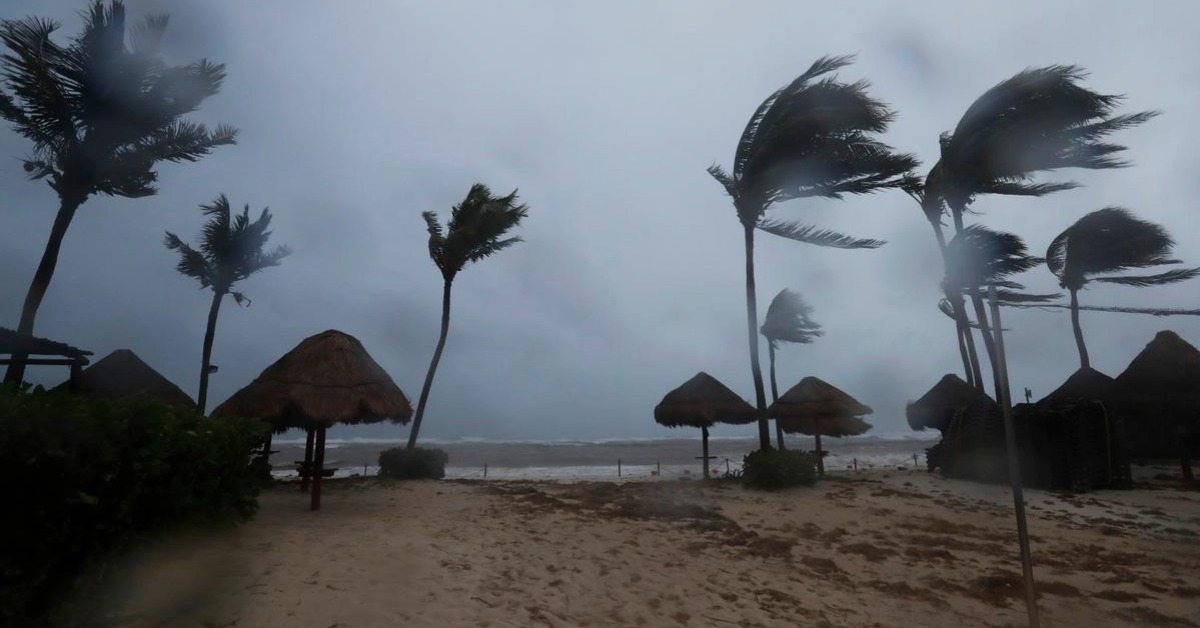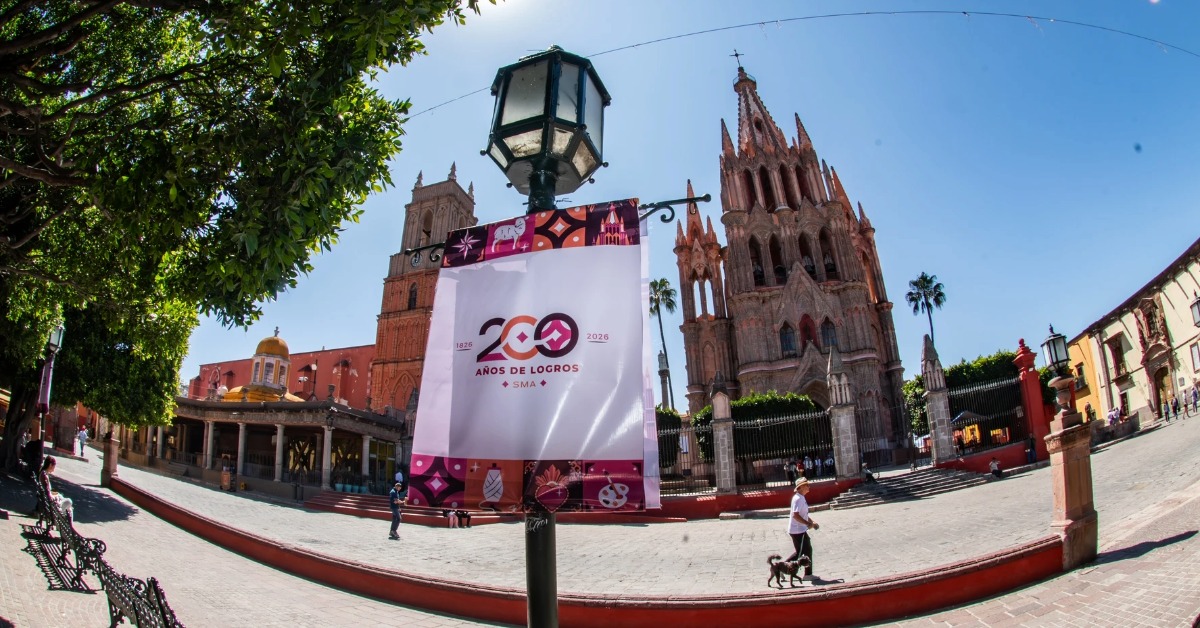Alex Castillo knew growing up that he was a boy trapped in a girl's body. It wasn't until recently, 40 years after his birth, that the government of his native Guatemala - or at least some parts of it - agreed.
Castillo, who recounted the humiliation of being groped by border guards unable to square his masculine appearance with the female name on his identity card, has finally been able to legally change it. Life as a transgender person is still a daily battle, but today it's a bit easier thanks to the state-sanctioned ID that matches his . . .






